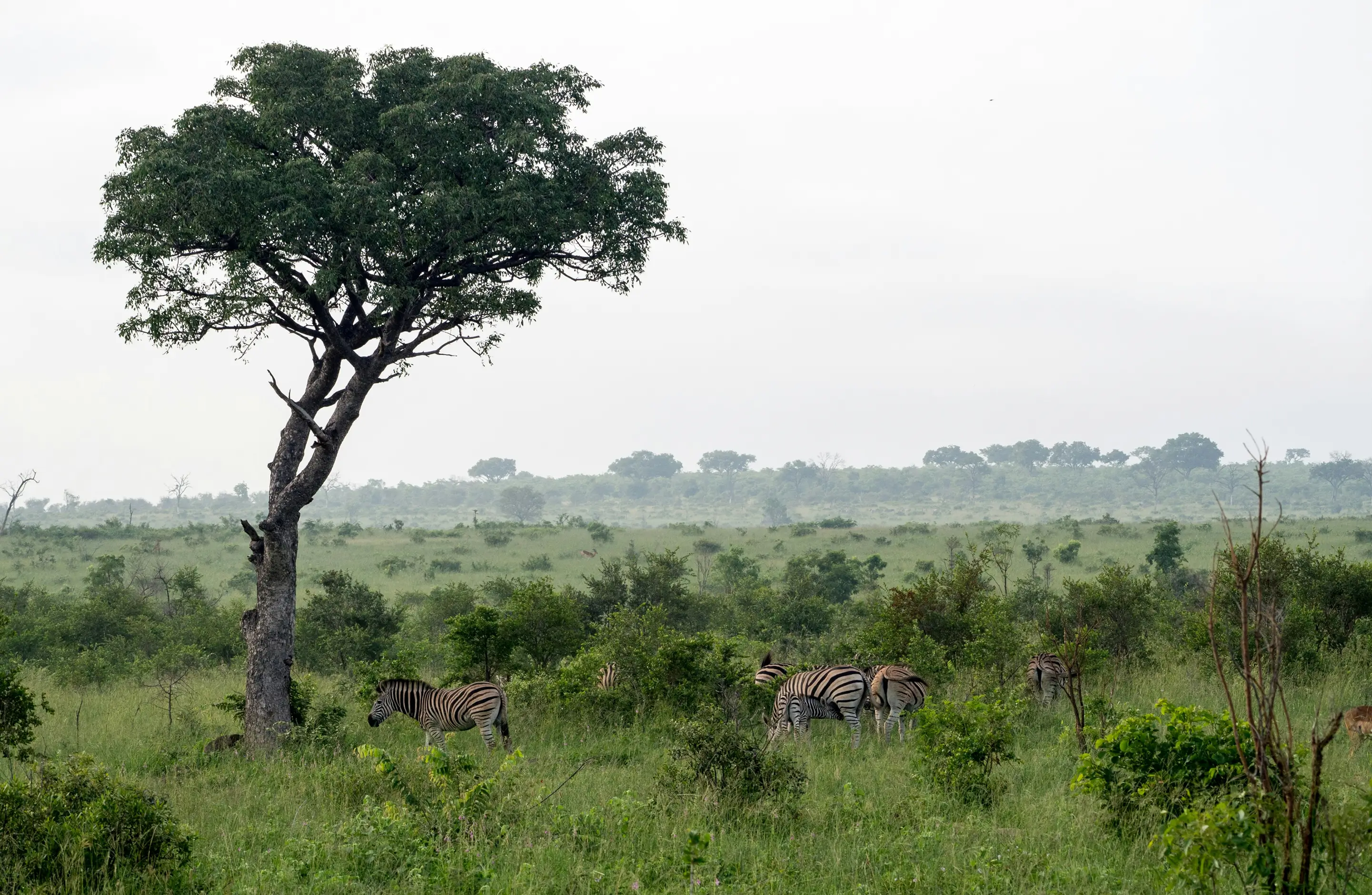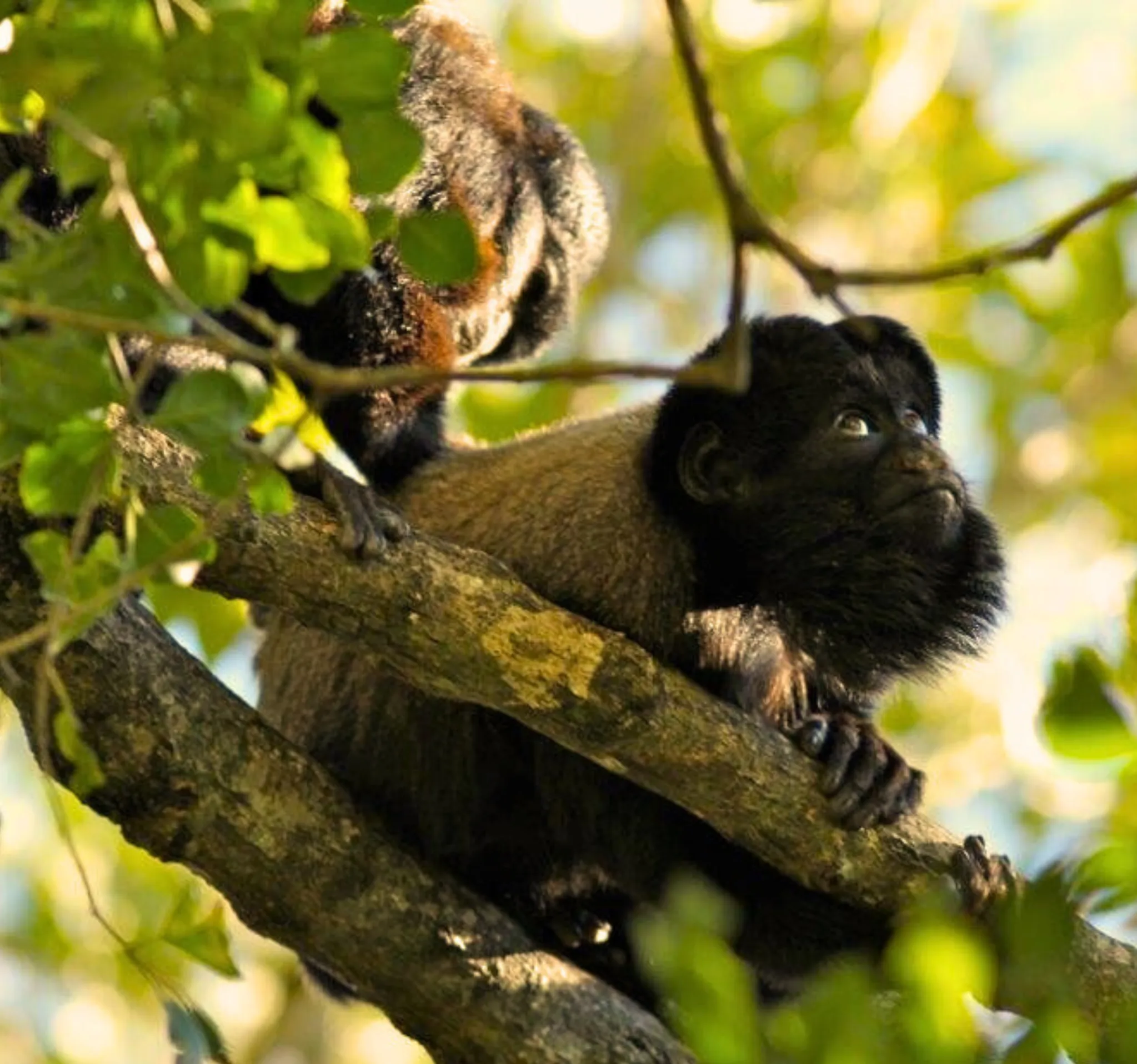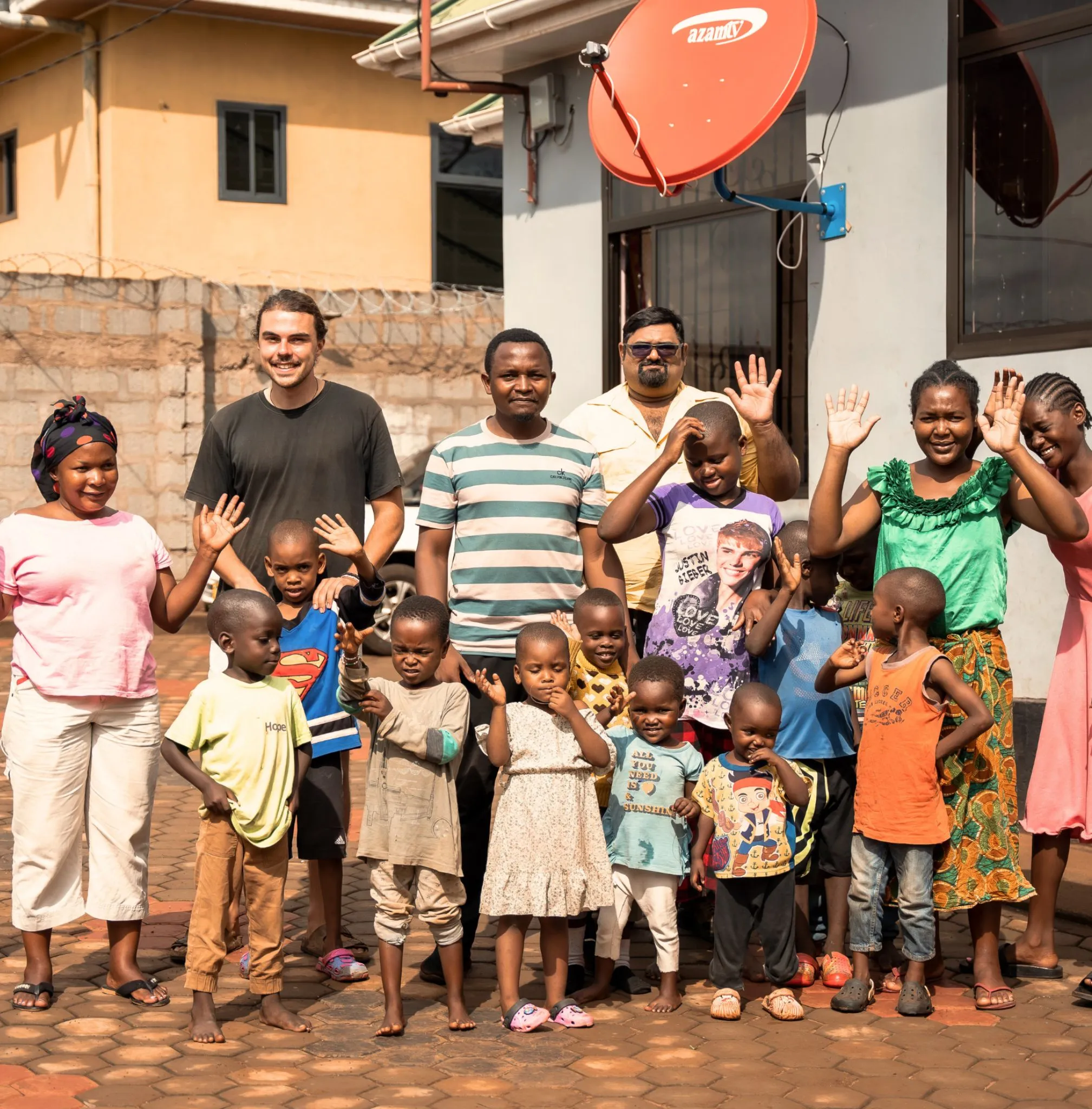
We travel sustainably
Travel with care
Sustainable travel means discovering the world while respecting our planet. By making conscious choices, such as staying in eco-friendly accommodations and supporting local businesses, we can contribute to more sustainable tourism. It's about benefiting both the environment and the communities we visit. We can also reduce our environmental impact by packing light and using reusable water bottles and bags. Choosing destinations that prioritize sustainability and have clear environmental policies can also make a big difference.

One traveler =
One square meter of forest for the monkeys
This project is a non-profit nature conservation initiative focused on protecting rainforests and preserving habitats for monkeys and other wildlife. By donating one square meter of forest, we are directly contributing to the preservation of important natural areas and ensuring that monkeys can continue to live in their natural environment.
The project works to protect endangered forest areas from logging, support sustainable land use, and create long-term solutions that benefit both wildlife and local communities. Every square meter that is protected makes a difference—for the ecosystem, biodiversity, and future generations.
The project's focus areas:
- Rainforest protection: Preservation of natural habitats for monkeys and other animals
- Biodiversity: Protection of plants, animals, and ecosystems
- Sustainable future: Long-term nature conservation work in collaboration with local stakeholders
- Awareness & engagement: Opportunities for private individuals to make a concrete contribution to nature conservation
Through our contribution, we are helping to give the monkeys a more secure future and preserve a living forest where nature can continue to develop on its own terms.

Love and Hope Foundation
The Love and Hope Foundation is a registered non-profit organization (NGO) based in Moshi in the Kilimanjaro region of Tanzania. Founded in 2018, the organization works to rescue, protect, and support orphaned and vulnerable children by providing a safe, caring, and supportive environment.
Focus areas of the business:
- Healthcare: Medical care, regular health checks, and necessary vaccinations
- Education: School support, homework help, tutoring, and educational workshops
- Therapy & counseling: Psychological and emotional support for children who have experienced trauma
- Daytime activities & basic care: Daily meals, accommodation, and educational activities
The foundation currently cares for over 26 children at its center in Moshi. The work is carried out by a dedicated team that strives to ensure that every child can grow up with dignity, hope, and faith in the future.
How you can contribute to sustainable travel
Locally produced
Buy local crafts as souvenirs to support the economy. Enjoy fruit and vegetables at markets and eat at local restaurants.
Don't waste water & electricity
Save energy by turning off lights, AC, and fans when you are not in the room. Avoid overusing water and try to keep showers short.
Respect customs and traditions
Learn about the local culture and talk to people who are happy to share their traditions. Respect privacy and ask before taking close-up photos.
Don't haggle unnecessarily
When buying souvenirs, avoid haggling unnecessarily. Small amounts for you can mean a lot to the local population and help support their economy.
Show consideration for animals and nature
In national parks, do not disturb the animals and leave no trace behind. For example, throwing away apple cores or banana peels is not allowed.
Go on a safari adventure
Park visit fees finance park rangers and protect animal species. Going on safari therefore also creates local jobs and benefits the community.
